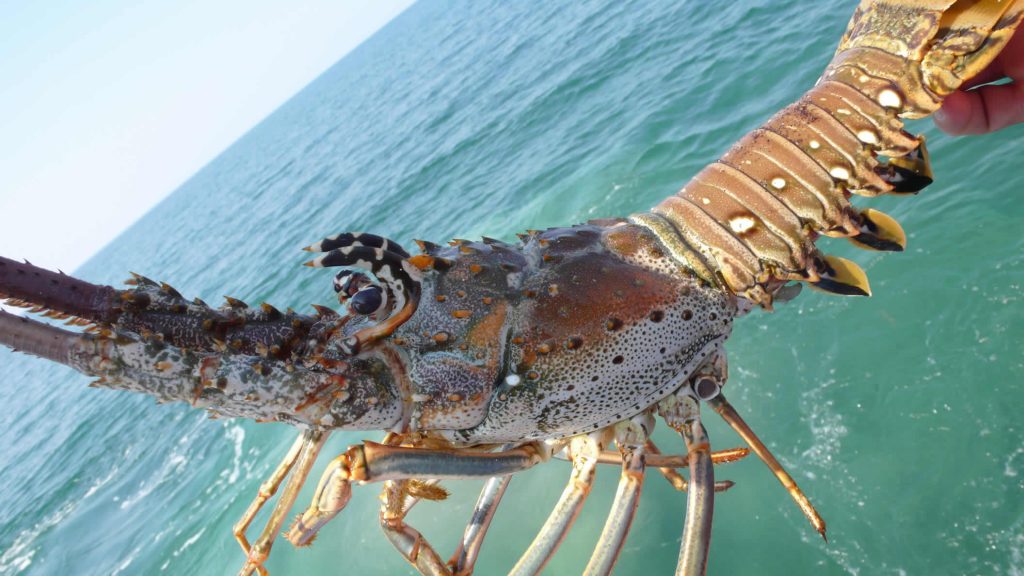JACKSONVILLE, Fla. (December 14, 2016) — Over the past decade, Beaver Street Fisheries (BSF) has been working with Tropic Seafood Ltd. to lead in a major fishery improvement project (FIP) in the Bahamas. Tropic Seafood Ltd., BSF’s sister company and lobster division, has been working collaboratively with World Wildlife Fund (WWF), Bahamas Marine Exporters Association (BMEA), and the Department of Marine Resources (DMR) to address fishing practices and environmental impacts to help the lobster fishery thrive for generations to come.
“Protecting our local waters and the spiny lobster is not only important for our business now, but for the future of our ocean and industry,” said Glenn Pritchard, president of Tropic Seafood Ltd. “Sustainable fishing practices have always been important to our company, but anytime we can go above and beyond to earn third-party environmental certifications for our work, we will pursue that opportunity.”
In 2009, the WWF and The Nature Conservancy launched an examination of Bahamian lobster fisheries and determined an FIP was needed. Answering that call, Tropic Seafood Ltd., a founding member of the BMEA, has taken a proactive step by partnering with industry leaders to seek the Marine Stewardship Council’s (MSC) certification. This certification is an environmental gold-standard for wild-caught fisheries and part of the FIP goal. The rigorous MSC certification will validate Tropic Seafood’s efforts to ensure the long-term sustainability of marine environments for the Bahamian lobster fishery.
“At Beaver Street Fisheries, we value our responsibility to produce high-quality products that our customers expect and consumers trust, but we also take great pride in our commitment to lead our industry as environmental stewards,” said Casey Marion, Beaver Street Fisheries director of sustainability initiatives and quality management systems. “With any fishery improvement project,
it is always great to see that light at the end of the tunnel, and we are on track to receive the Marine Stewardship Council certification in the coming months, and are continuing to drive other improvement projects within our supply chains, and working on a collaborative level is critical to the success of any fishery improvement project.”


